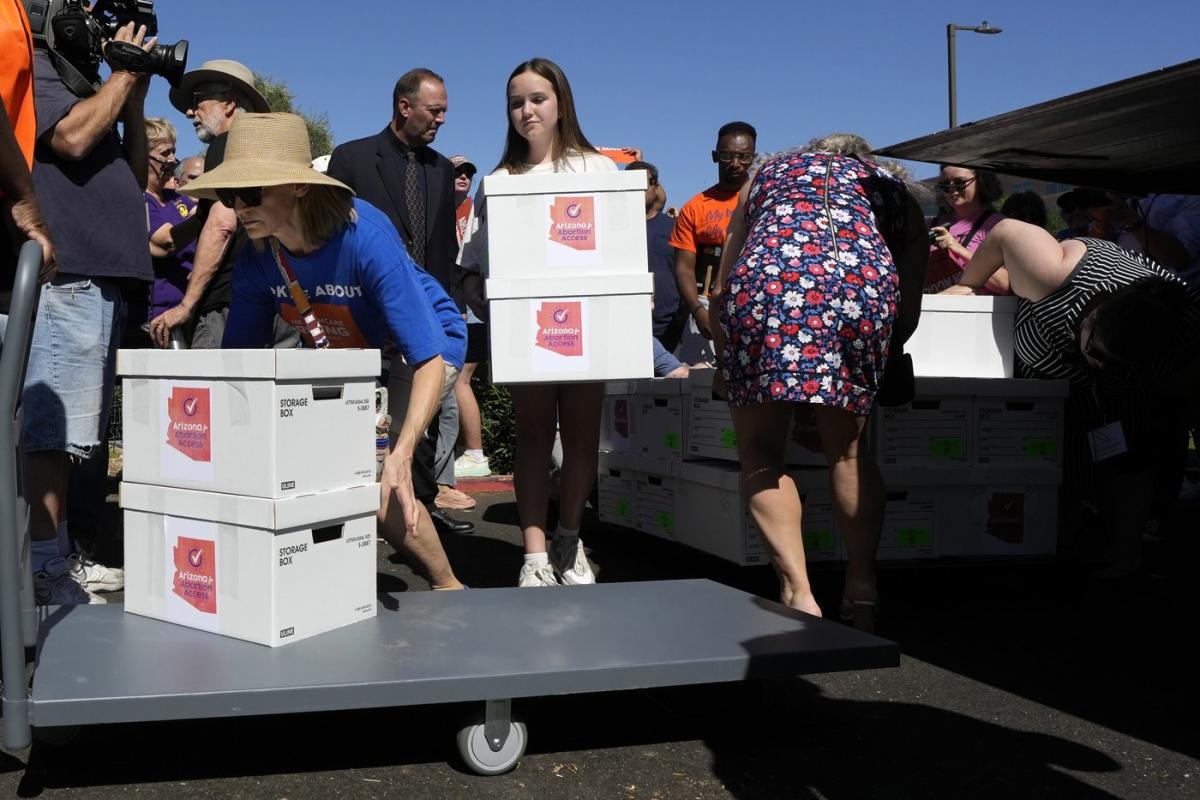Bussiness
EDAS strategy to grow a fairer, greener economy for Scotland

Neil McInroy – EDAS chair
Greater support is needed to help entrepreneurs, enterprises and communities develop the dynamic economy needed to make Scotland more prosperous, tackle poverty and the climate crisis, according to economic development experts.
Economic Development Association Scotland (EDAS), Scotland’s organisation for economic development professionals, has unveiled a new three-year strategic plan, detailing steps it will take to inspire innovation and encourage entrepreneurship across the country by raising knowledge and giving its members the skills to drive change
The strategy highlights the importance of focusing on people, place, prosperity, and planet to tackle issues such as poverty, climate change, and low productivity. By equipping individuals with the right skills, EDAS believes it can attract investment, create jobs, and foster community wealth in climate-friendly ways.
The report stated: “Prosperity relates to collective national economic success, alongside prosperous businesses, places, communities and individuals.
“Scotland is pressured by declining standards of living and growing income inequalities. There is also weak national growth, weak global growth, and Scotland has too few high performing businesses, too few exporters and not enough innovation.”
It added: “In relation to other countries, Scotland has never been overly entrepreneurial, and we need to continue to grow a vigorous enterprising culture, including support for entrepreneurs, businesses, and investors to unlock new solutions, employment and investment that benefit local areas and people.
“Future prosperity is driven by having a more dynamic economy that generates wealth and wellbeing to help fund public service delivery and reduce demand on them.”
The report’s emphasis on entrepreneurship comes as statistics show that the stock of businesses in Scotland is almost 30% lower than the UK average, with 728 enterprises here per 10,000 people, compared to a UK average of 1,015.
EDAS, which has more than 3,250 members, is the country’s foremost membership association for organisations and people with an interest in economic development, widely recognised by policymakers and politicians as the sector’s go-to body.
To help its members – many of whom work in local authorities and enterprise agencies – it will roll out further support to help achieve the Scottish Government’s economic approach, including the National Strategy for Economic Transformation (NSET).
Its vision is for a wellbeing economy which includes a growth in exports, public and capital investment to power local economic gain and reduces reliance on fossil fuels.
EDAS says it will work across sectors to help its members achieve this by opening “spaces for dialogue, debates and knowledge-sharing which help our members to navigate emerging challenges and opportunities”.
Neil McInroy, an international expert in economic development and community wealth building, is the organisation’s chair.
He said: “Economic development is central to the lives we live, the jobs we do, the future of our local places and Scotland as a nation.
“EDAS is a bridge between policy, practitioners, and activity on the ground. We continually strive to make economic development practice more accessible and relevant.
“We believe that the right skills combined with a greater understanding and wider recognition of economic development, will take us closer to realising Scotland’s goal of becoming an equitable, greener economy.”
EDAS seeks to ensure that economic development is at the forefront of national policy debate, giving professionals in the sector the opportunity to inform and inspire through training and networking events.
It also aims to ensure that everyone in Scotland has the opportunity to develop a greater understanding of economic development and how it affects their lives and work.
In the next three years, EDAS will work to increase the recognition that economic development works on international, national, regional, island or local scales, as well as across multiple sectors, including health, transport and digital.







